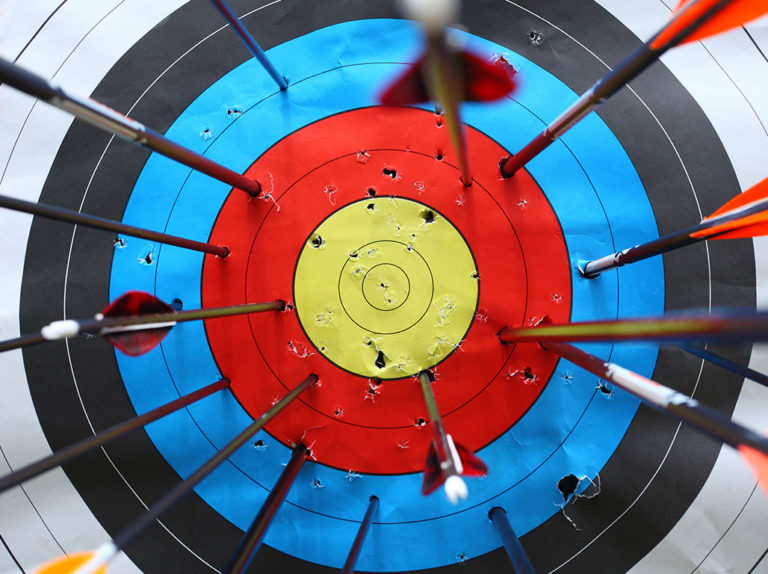An addiction solution is possible with some changes in the way we deal with the disease. Addiction, now defined as a chronic, relapsing brain disease, is still more often punished than treated in our society. No other chronic disease in the United States has been allowed to proliferate instead of being routinely treated.
Addiction Attitudes About The Disease Model Need To Change
While terms associated with the disease are changing, the methods of dealing with the disease have not radically changed. Bill White outlines what components need to be present for long term recovery to be a success. When we begin to treat addiction (Substance Use Disorder) as a chronic disease that requires a lifetime of treatment and support, the devastating epidemic will slowly end. ROR Staff
Bill White’s 12 Step Addiction Solution
“If we really believed addiction was a chronic disorder on par with cancer (and other chronic primary health disorders), we would provide these 12 kinds of education, treatment, and support to every person affected by the disease:
1. Clear and consistent communications regarding the intrapersonal, interpersonal, and environmental factors that contribute to the development of a substance use disorder.
2 An assessment process that is comprehensive, transparent, and continual.
3. Objective data upon which a substance use disorder (SUD) diagnosis is based (with normative data for comparison to the general population and to other patients being treated for SUDs).
4. Objective information on the severity (stage) of the SUD.
5. Objective information on treatment options matched to the type and severity of the SUD.
6. A declaration of potential professional/institutional biases related to diagnosis and treatment recommendations.
7. A menu of treatment options before making a final decision on the course of treatment.
8. Access to the experiential knowledge of former patients who have experienced a variety of SUD treatments and who represent diverse pathways and styles of long-term recovery management.
9. Personalized refinements in treatment-based assessment data and individual responses to initial treatment.
10. At least five years of monitoring and support following completion of primary treatment.
11. Assertive re-intervention and recovery re-stabilization in response to any signs of clinical deterioration.
12 A long-term, person- and family-centered recovery support relationship based on mutual respect that is free of contempt or condescension.
It really is that simple. If we believe that addiction in its most severe forms is a chronic disorder, then let’s treat it like we really believed it.” Bill White





















